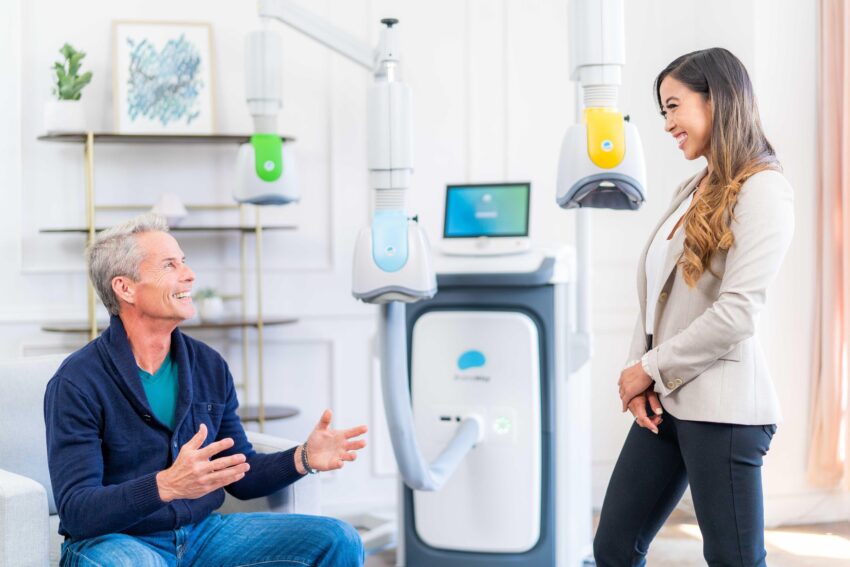Deep Transcranial Magnetic Stimulus marks a major progress in the management of several neurological and mental disorders. Its non-invasive character and focused approach give those who have not responded to conventional treatments fresh hope. But the success and efficacy of Deep TMS treatments depend mostly on the knowledge of the doctors supervising and delivering the procedure. From first evaluation to continuous observation, their thorough knowledge of the technology, patient physiological requirements, and possible reactions is absolutely vital. For individuals looking for information on this novel treatment, sites like https://phoenix-hope.com/seattle/tms/ provide insightful analysis of the careful thought and professional treatment required to reach the best results.
Patient Evaluation and Personalized Treatment Planning
Perfect patient evaluation is crucial before any Deep TMS treatment starts. Medical professionals evaluate a patient’s fit for the treatment in great detail. This entails looking at their medical background, present meds, past treatments, and current ailments. They also do a thorough neurological and psychological analysis to precisely diagnose the disorder and point out any contraindications. This thorough assessment guides doctors in creating a customized treatment plan. This approach considers the particular ailment under treatment, the patient’s own brain structure, and their own reaction patterns. The complete information available at https://phoenix-hope.com/seattle/tms/, which emphasizes the need for professional advice in every stage of the treatment process, reflects the dedication to customized care.

Administering and Monitoring Treatment Sessions
Medical professionals must be highly skilled and vigilant in their actual handling and monitoring of Deep TMS treatment sessions. Trained experts precisely target the particular brain areas by carefully orienting the treatment coil over the head throughout every session. They check the patient constantly for any indicators of discomfort or side effects; if needed, they make quick changes. Medical professionals monitor the patient’s development throughout treatment, noting any symptom improvement or side effect development. Dynamic changes to the treatment plan made possible by constant monitoring help to guarantee that the therapy stays successful and well-tolerated.
Managing Expectations and Possible Reactions
Dealing with client demands and handling any possible side effects connected to Deep TMS treatment depend much on medical professionals. They give patients clear, thorough knowledge on what they should expect throughout and following the course of treatment, including the usual length of treatment, the probability of slow symptom improvement, and the possibility of minor and transient side effects. Common side effects could be a headache or a little scalp soreness, which often passes fast.
Deep TMS treatment’s effectiveness and safety are intimately related to the knowledge of the medical specialists guiding patients through every phase of the process. From the first in-depth assessment and customized treatment planning to the careful administration and ongoing session monitoring, their knowledge and attention are vital.


